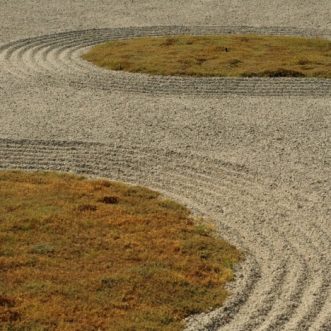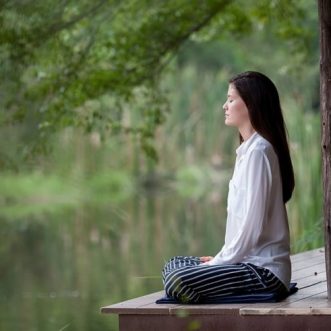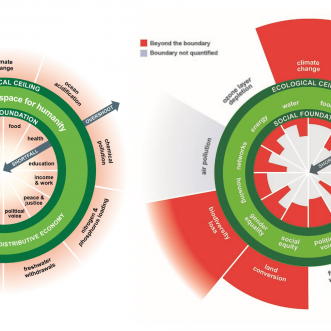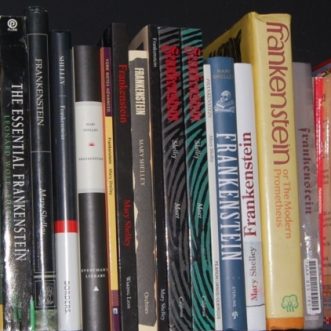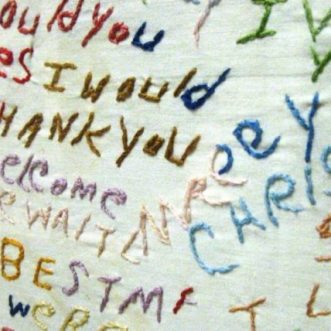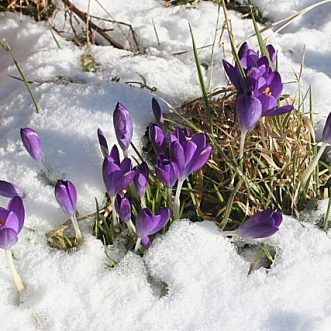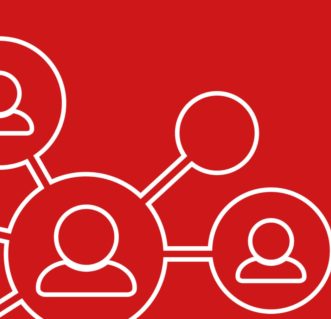
Connecting
Last night I discovered Johann Hari and his work on depression, anxiety and addiction.
His findings are fascinating, and chime very much with my beliefs on what motivates people, and how you help them to be happier and more productive.
Humans have fundamental physical needs – food, clothing, shelter, sex.
We also have fundamental psychological needs – autonomy, mastery, agency, purpose and above all connection with other people. We need to be seen and valued.
I’d be interested to know what the current situation is doing for those needs right now. I suspect that some of the psychological needs are being better met for some people, while for others some of the physical needs are under threat.
If Covid-19 is an opportunity for a reset. It’s going to be worth thinking about what comes back after the reset button is released again.
How can we ensure that more people have more of their fundamental needs met intentionally and consistently, without killing ourselves or the planet in the process?
It’s a big question. But we can start small, with where we belong – with our own families, friends and businesses.
Here are the TED talks:
https://www.ted.com/talks/johann_hari_this_could_be_why_you_re_depressed_or_anxious
https://www.ted.com/talks/johann_hari_everything_you_think_you_know_about_addiction_is_wrong
